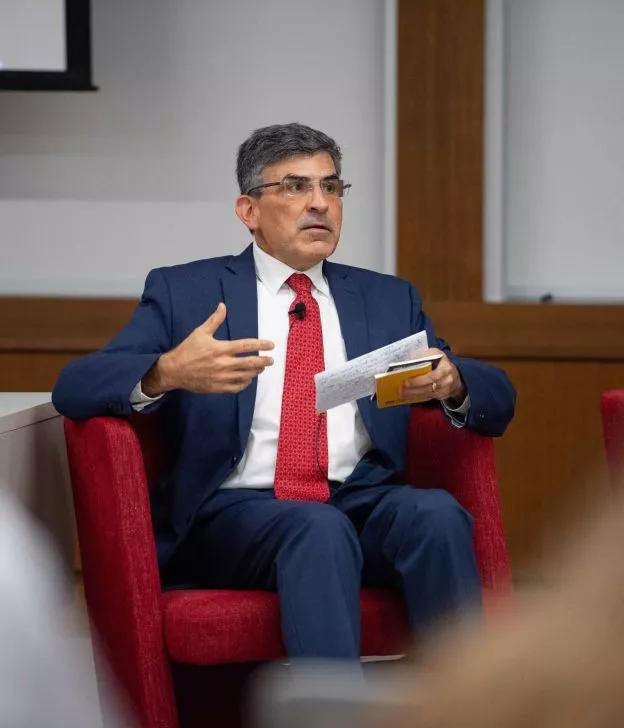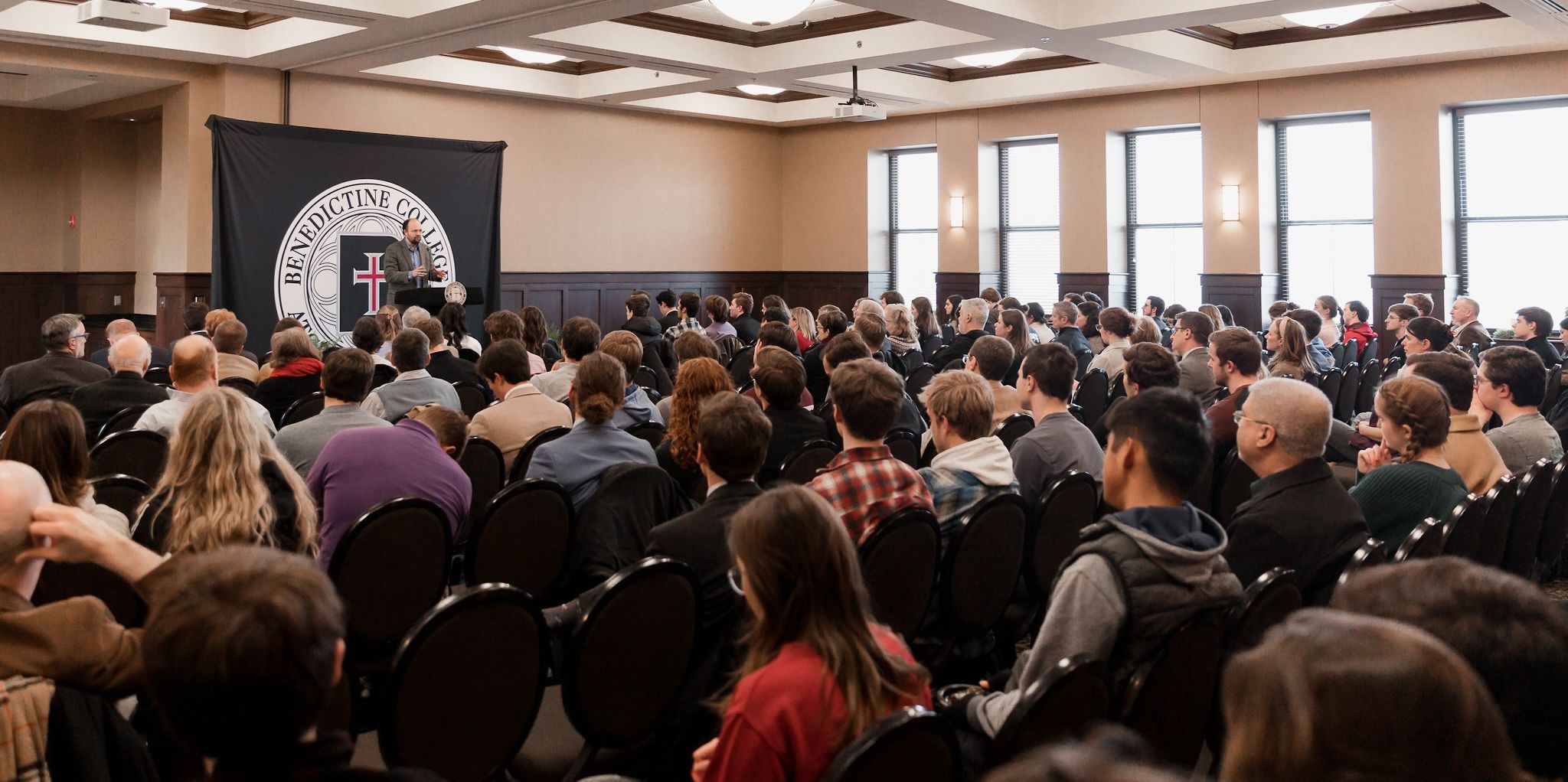
A New Birth of Freedom in Higher Education: Civic Institutes at Public Universities
By Paul Carrese. American Enterprise Institute. January 24, 2023.
Key Points
- Conservatives frequently bemoan the ideological monoculture on college campuses, but they too rarely propose constructive solutions. One notable exception has been Arizona State University’s School of Civic and Economic Thought and Leadership (SCETL), which is funded directly by the Arizona state legislature as a distinct academic unit.
- Currently in its sixth year as a department, SCETL does more than offer new undergraduate courses. It serves a growing number of majors, offers an MA to service the burgeoning classical education movement, fosters a robust and diverse speaker series for the greater public, and plays a key role in renewing American civic education in Arizona and across the country.
- Several other states have taken note and are launching similar institutes. More should consider doing so. These institutes can do far more than create a safe space for conservative ideas on campus; they can facilitate a new birth of educational freedom in America.
Introduction
In 2016, Arizona Gov. Doug Ducey and the Arizona state legislature launched a first-of-its-kind higher education reform: a mandate to the state’s (and America’s) largest public university to establish a new department. The department would focus on classical ideas in civics and economic liberty to better prepare new generations of American leaders. It would also bring intellectual diversity to a university culture that had shifted toward a left-progressive monoculture, as with American academia in general.
The establishment of the School of Civic and Economic Thought and Leadership (SCETL) has proven a success far beyond its original mandate. As its founding director, I’m grateful to the American Enterprise Institute and the Conservative Education Reform Network for the chance to inform policymakers and the public of SCETL’s story—an especially timely project given that in the past year, state governments in Florida, Tennessee, and Texas have similarly mandated and funded the establishment of new departments or institutes broadly modeled on SCETL at their flagship public university campuses. The new institutes in Austin, Texas; Gainesville, Florida; and Knoxville, Tennessee, have distinct names but a similar spirit. More modest efforts have spread to public university campuses in Colorado, North Carolina, and Utah.

The common inspiration behind all these efforts was the bold decision by Arizona legislators to move beyond grandstanding complaints about higher education’s ideology and do something literally constructive about it—build something new. The influence of SCETL to date has extended far beyond the Arizona State University (ASU) campus, and the establishment of other such institutes in other states could serve as further force multipliers for true liberal education in universities—and even a renaissance of civic spirit in K–12 education.
Although SCETL was created on a Republican party-line vote and met with initial skepticism, if not hostility, from some on the left, broader recognition of the trans-partisan nature of our work came in the 2022 legislative session, when the Arizona legislature nearly doubled SCETL’s base annual appropriation on a bipartisan basis. And in a heartening development, the Institute of American Civics at the University of Tennessee, Knoxville, was established this year on a bipartisan basis. This shows that although Republicans may be initially more inclined to support such initiatives, these initiatives need not be launched or sustained on a partisan basis. These institutes can play a pivotal role in restoring intellectual diversity, fostering a healthy climate for the study of great books, and paying dividends off campus.
Prospective founders, donors, legislators, faculty, and supporters in America’s experimental arena of federalism should consider bringing this reform to their states—or to more than one campus in their state. There is a massive need for better civic knowledge and virtues among our citizenry and aspiring citizens, and there is a massive need to restore space in our public universities for serious liberal arts education and intellectual diversity. The new birth of freedom is needed in both American civic life and our educational culture and institutions. It is my hope that over the next several years, more state legislatures will mandate and fund similar institutes at their universities. In the hope of facilitating that process, I’m glad to share the story of SCETL’s establishment and influence.
